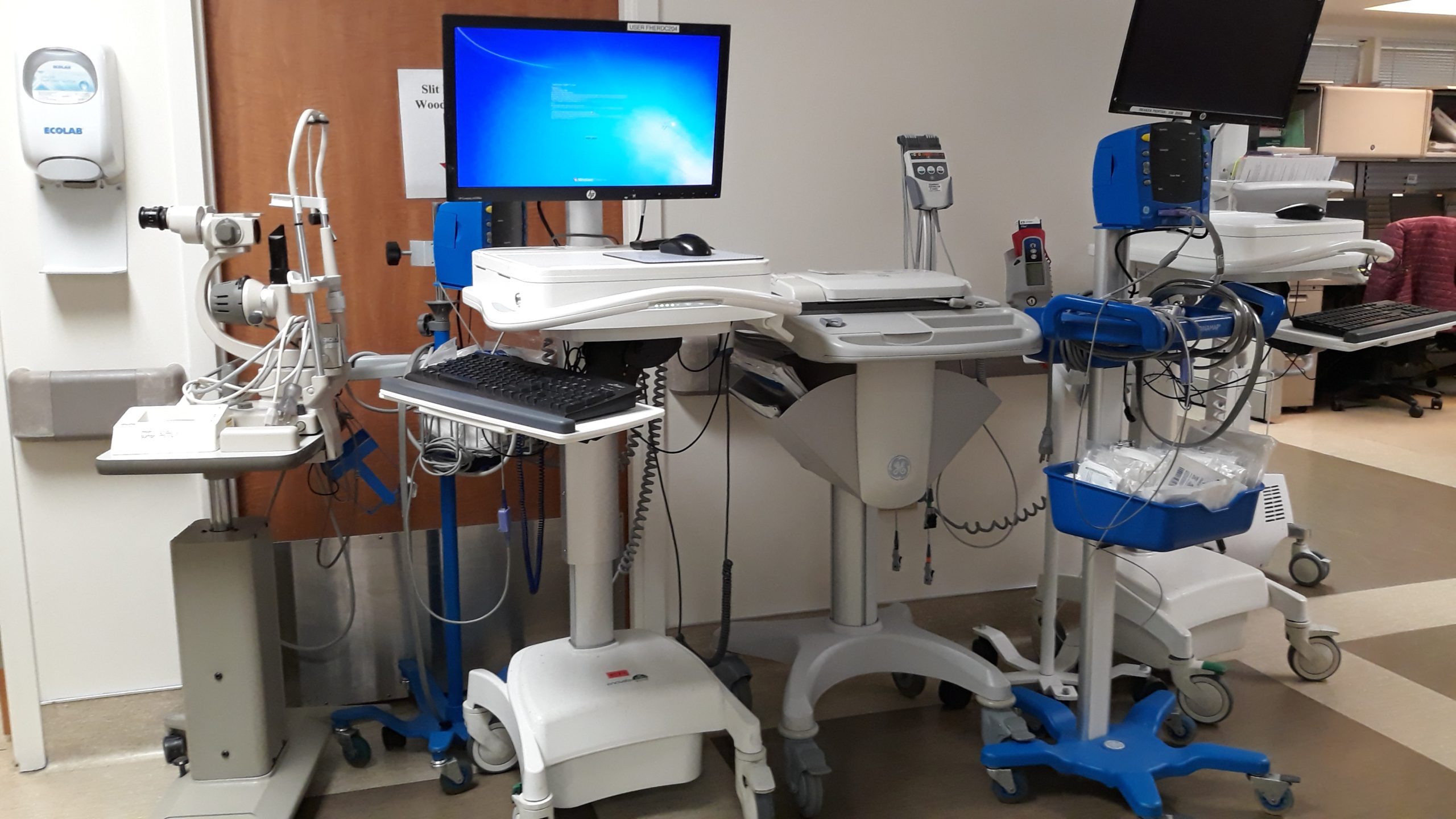Following last week’s article regarding how you should always keep good relations with a private medical insurance company, it is worth pointing out that this does NOT mean you have to agree with them.
The following incident, for example, happened this week.
An MHM client recently performed a Q1800. The episode was pre-authorised (meaning the patient’s policy was intact). The fee was £280.
Then the problems started. The insurance company paid the consultant £103 so I called and asked why.
Post the issue of the pre-authorisation, indeed after the surgical episode itself took place the published fee had been reduced to £103.
£177 or 63%!!
Afterward
A number of issues immediately came onto the table.
Firstly, the fee of £280 applied at the point the surgical episode took place. It was wrong for the insurance company to reduce it afterward.
Secondly, £103 is a ridiculously low fee for a Q1800.
It is precisely the same fee as payable to the anesthetist working with the consultant during the surgical episode. At the risk of upsetting my anesthetist friends out there, that can’t be right.
Thirdly, the fee is lower than the surgeon’s initial consultation fee when he saw the patient in the first place.
A Q1800 (so I’m told) is not a minor procedure that can be carried out during a consultation. It is a “full” surgical episode requiring a theatre, anesthetist and theatre staff.

Shortfall Invoice
Thus I had a lengthy conversation with the insurance company concerned and advised them, should they insist the fee remained £103, we would be sending a shortfall invoice to the patient for the additional £177.
Normally, that is NOT a step I would take.
All MHM clients are advised to set their fees precisely in line with those of the relevant insurance company.
On this occasion though, I genuinely thought, and still do, the actions of the insurance company were unacceptable.
It is wrong for an insurance company to reduce a fee after a surgical episode.
Heated Discussion
A heated discussion took place regarding my view and that of the insurance company concerned.
They remained firmly of the opinion it would be wrong for MHM to send an invoice for the £177 shortfall to the patient. Absolutely not in my view for the “contract for treatment” is between the consultant and the patient.
A fact, insurance companies point out to me with frequent monotony. It is the insurance company’s actions that had led to this action.
Nor is it relevant that other consultants in the same specialism have accepted the fee reduction.
I’m not acting for them. I’m only interested in MHM consultant surgeons.
A fee of £280 was originally agreed upon. That is the fee which should be paid.
Finally, the insurance company agreed it was unacceptable to reduce a fee after the date of an episode. Therefore the additional £177 will be paid.
But in the future, the fee for a Q1800 would be £103. That is an issue for another time but I can foresee further conflict if other fees are reduced by 63%.
Do not however always accept a private medical insurance company are always correct in their actions and decisions.
Whilst the majority of decisions are acceptable, sometimes they might not be.
pete@medicalhealthcaremanagement.co.uk
www.medicalhealthcaremanagement.co.uk

